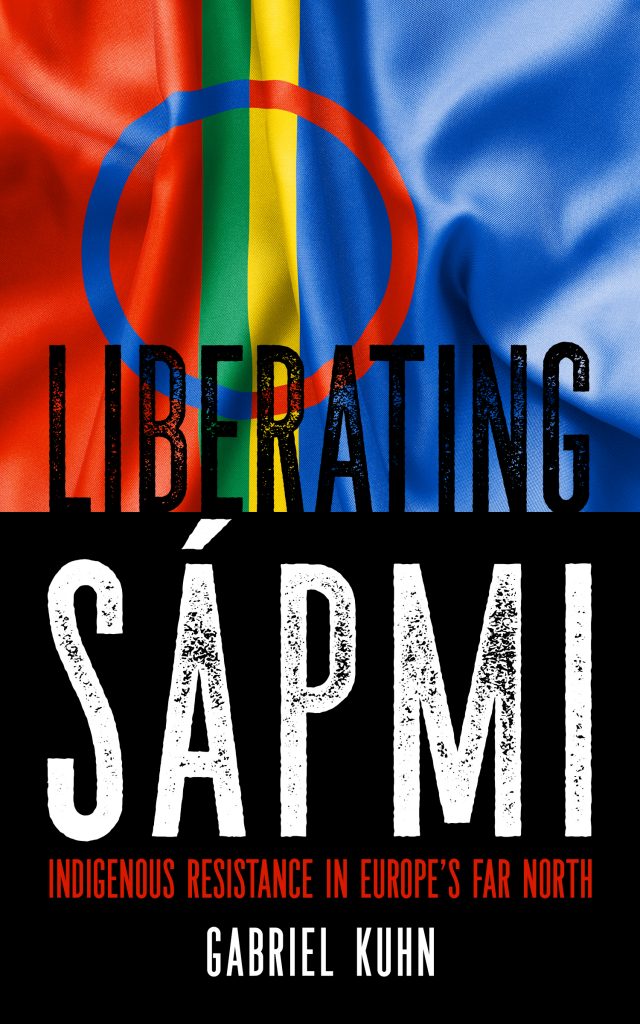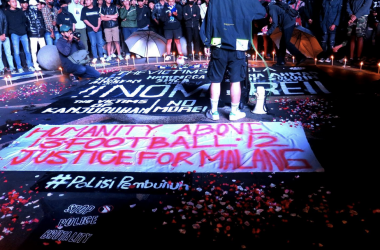A review of Ranjana Padhi and Nigamananda Sadangi, Resisting Dispossession: The Odisha Story (Singapore: Palgrave Macmillan, 2020).
By Gabriel Kuhn
In October 2018, I attended the Marxist-Feminist Conference at Lund University in Sweden. Despite courting people from outside of academia, many presentations and workshops had a distinctly academic air about them. A notable exception was a talk given by Ranjana Padhi, a feminist activist from Odisha who spoke about the central role of women in India’s social movements and the persecution of political dissidents. I mentioned Padhi’s contribution in a brief entry about the conference on this blog.
Now, a book authored by Padhi, together with the activist, writer, and translator Nigamananda Sadangi, also from Odisha, has been released by Palgrave Macmillan (Springer). Titled Resisting Dispossession: The Odisha Story, it provides an account of colonial, corporate, and government oppression and exploitation in the state of Odisha, and, perhaps most importantly, the resistance against it. While all accounts of oppression and exploitation are disheartening, accounts of resistance always encourage and inspire. Just consider the opening sentence of the book’s final chapter: “The most ordinary people – betel vine growers, fisherfolk and subsistence peasants – with the most extraordinary courage have sent the giant steel corporation POSCO packing.” You know you want to read the rest.
Resisting Dispossession is based on interviews conducted with Odisha activists between 2012 and 2019. It chronicles their resistance to development projects, the intrusion of multinational companies, and the repressive policies of the Indian state. The resistance movements we get to know are strong and vibrant, employing a variety of means, from petitions to theater plays to barricades. Padhi and Sadangi emphasize that women often are at their center. They also stress the importance of subsistence economy, something that is all too often dismissed as “romanticism” by people in the Global North, not least leftists still seeming to believe they know better what the oppressed people of the Global South need than these people themselves. It is one of the many achievements of Resisting Dispossession to reveal the impertinence of such positions.
Padhi and Sadangi often quote at length from the interviews they conducted, putting the “lived reality of flesh-and-blood people, with emotions of rage and anger, with emotions of love and longing and with dreams of a future” at the heart of the book’s stories. The activists they portray emerge as the main protagonists; they are much more than an anonymous backdrop to intellectual musings. Resisting Dispossession is a splendid combination of scholarly work, social engagement, and activist passion. The contents tie in with PM Press titles as diverse as Re-enchanting the World, Maroon Comix, or Liberating Sápmi.
The only drawback is the impact of the academic publishing industry. At USD 120, the book is out of the reach of pretty much any individual who could – and would – learn much from it. Things don’t get any better by chapters offered digitally for USD 40 a piece. Now, if you think that at these prices, the publisher could afford to send out physical review copies, think again: it’s PDF only, and not just any PDF, but one in which a sizable watermark runs diagonally across every single page, rendering the reader seasick before having completed the introduction. Fortunately, the book’s contents are compelling enough to, quite literally, see beyond the obstacles and carry on nonetheless. Indian publisher Aakar Books has announced to release an affordable edition soon. Watch out for it!
(June 2020)
Gabriel Kuhn is an author, translator, and union activist. He has published widely in English and German. His texts have been translated into more than a dozen languages.






